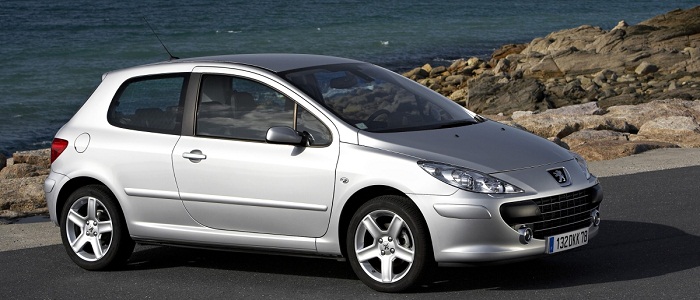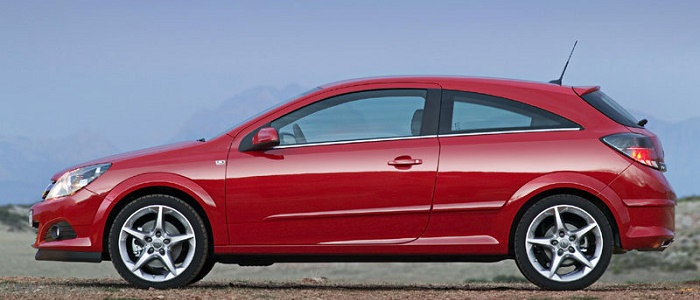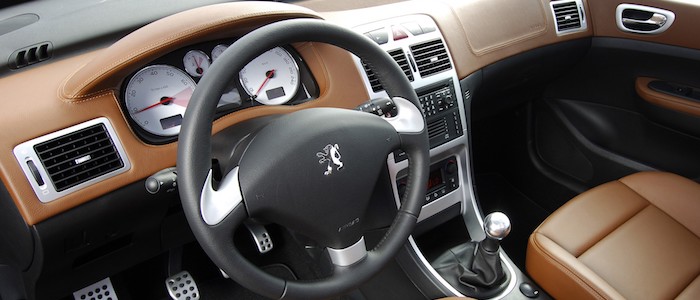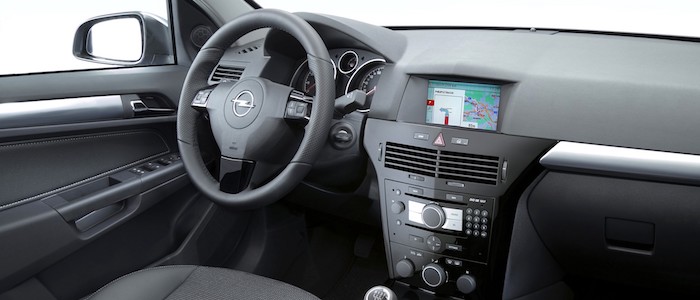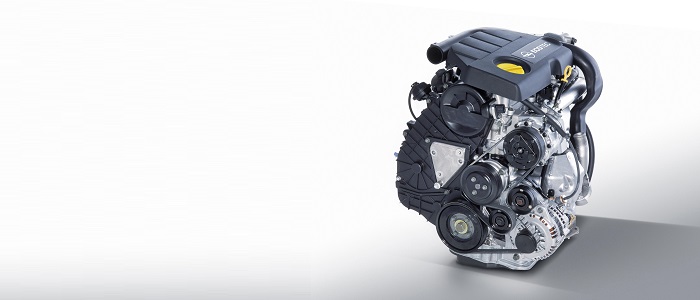Compare two cars
Compare any two cars and get our Virtual Adviser™ opinion
Dimensons & Outlines
Check vehicle history
Engine
1.7 Z17DTH
Performance (manual gearbox)
Performance (automatic gearbox)
Expenses
Virtual Adviser's™ opinion
Well, these are two pretty similar cars we have here! It's only details that could potentially make the difference. Considering they both belong to the small family car segment and utilize the same 3-door hatchback body style and the front wheel drive system, it all comes up to the specific diesel engine choice they offer. The first one has a Peugeot-engineered powertrain under the hood, a 4-cylinder, 16-valves 90hp unit, while the other one gets its power and torque from a 4-cylinder, 16-valves 100hp engine designed by Isuzu.
SafetyBoth vehicles got tested by European New Car Assessment Programme (Euro NCAP), with the Opel being a slightly better choice apparently. Moving further on, let's take a closer look at some additional safety-related facts. Both vehicles belong to the small family car segment, which is generally classifying them somewhere in the middle safety-wise, but that fact doesn't break the tie between the two cars. On the other hand, taking kerb weight as an important factor into account, the German car offers a marginal difference of 2% more metal.
ReliabilityManufacturers have been building their reliability reputation for decades now and, generally speaking, it appears that Peugeot does have a slight advantage, when all the models are taken into account. These are the results of an independent reasearch, while our visitors describe reliability of Peugeot with an average rating of 4.3, and models under the Opel badge with 4.2 out of 5. The same official information place 307 as average reliability-wise, and Astra is more or less at the same level.Above it all, drivers of cars with the same engine as the French car rank it on average as 4.3, while the one under the competitor's bonnet gets 3.8 out of 5.
Performance & Fuel economyOpel is a bit more agile, reaching 100km/h in 0.3 seconds less than its competitor. In addition to that it accelerates all the way to 182 kilometers per hour, 3km/h more than the other car. When it comes to fuel economy things look pretty much the same for both cars, averaging around 5 liters of fuel per 100 kilometers (57 mpg), in combined cycle.
Verdict
Peugeot appears just a bit more reliable, although the difference is truly marginal. The most important thing when deciding between any two vehicles should always be safety, both passive and active. In my opinion, everything taken into account, the German car offers much better overall protection, which launches it ahead of the other contender. It all continues in the same direction, with Opel being considerably quicker, thus putting more smile on driver's face. It does come at a cost though, and that's the fuel consumption... I believe that, when we take all into account, we have only one winner here - the Opel. In any case that's my personal view, built upon all the data available to me. What should decide here though is the way you feel about the two vehicles, and I hope you'll find my guidelines useful in the process. In case you have two minutes to spare I invite you to define your needs, desires and budget and see which car would be chosen by the virtual adviser™, among more than 12.000 different ones in our database.
Related articles
Whenever we think of ISUZU, which we never do, it's usually a tiny bus, ridiculously high for its length and width, that we have in mind, most likely provided by a travel agency as a part of a low interest optional trip to some God-forgotten village. What we should have in mind though...























